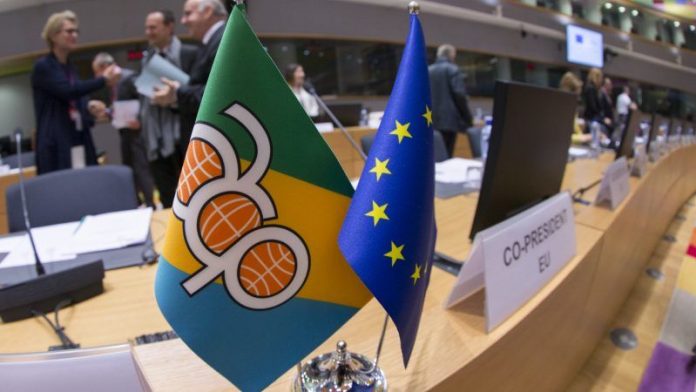Europe’s relationship with North Africa is an example of how preconceived and outdated perceptions exacerbate crises instead of overcoming them and laying the groundwork for a new chapter of co-operation – EUobserver.
Just like the war in Ukraine, the relations of some European countries with their southern neighbours affect Europe, becoming a challenge for the whole EU.
Relations with the North African region are full of contradictions. Fearing that migration is getting out of control, European countries are closing any relevant and legitimate opportunities for educational and professional exchange.
Irregular migration is gradually becoming the only option for the younger generation, which negates the possibility of circular migration and reinvestment in their home countries.
The momentum of the Barcelona Process of 2020, which promised a new chapter in relations between Europe and North Africa, has not been maintained since.
Renewal of existing trade and investment agreements, some dating back to the 1990s, has been promised but not yet realised. According to a cursory analysis of economic data, Morocco is largely dominant, while trade with Algeria and Tunisia is limited to a narrow range of goods and very volatile.
It is worth noting that the latest migration “agreement” with Tunisia is a simple continuation of what went wrong after the 2015 migration crisis, when Europe paid Turkey to protect European borders
Some experts believe that EU countries expect North African states to handle on their own what the bloc was unwilling and unable to manage. The Sahel region shows itself as a territory with failed statehood, where major European powers have failed to restore the state system.
The fear of ceding influence to countries such as China, Russia or Turkey has closed Europe’s eyes to a critical rethinking of the current approach.
Nevertheless, the window of opportunity to change course is still open, and Europe should pay attention to three key factors: stakeholder interest, legal framework and co-operation.
Debates in Europe often praise “civil society” as a decisive factor, but high civic engagement is predominantly found in Tunisia, while it is less evident in other countries.
It is also worth noting that the success of political parties after the Arab Spring in 2011 only paved the way for a new dictatorship. Europe has to deal with part of the ruling elites, even if these governments and parliaments are different from democratic ones.
A timely establishment of strong ties with other countries could allow EU states to avoid uncomfortable situations and rushing into unprofitable co-operation, as was the case after the outbreak of the war in Ukraine, when nations were desperately looking for an alternative to cheap Russian resources.
The current philosophy of EU agreements, especially on trade, follows a “one size fits all” approach, overloading bilateral relations with other objectives such as climate protection and labour rights.
A well-known problem is the lack of effective EU public diplomacy in terms of coherence and coordination, both within the EU institutions and with Member States and non-governmental organisations on the ground.
Relations between the EU and North Africa are not expected to improve in the coming years, but Europe should rethink its policy instruments and its approach to ensure more fruitful, mutually beneficial co-operation on both sides of the Mediterranean.
